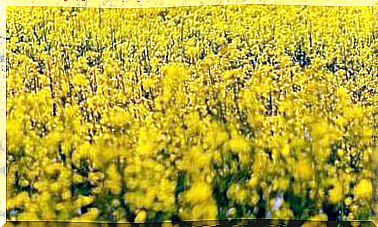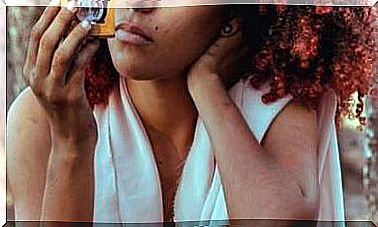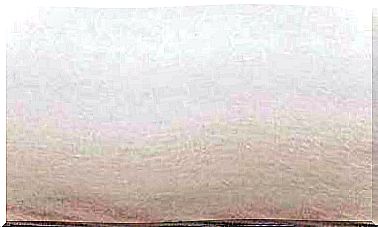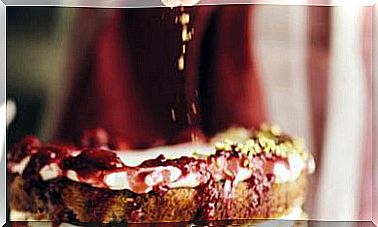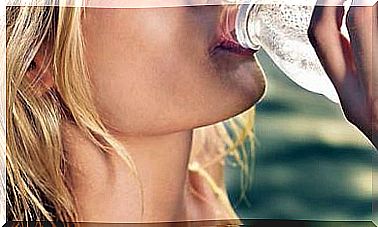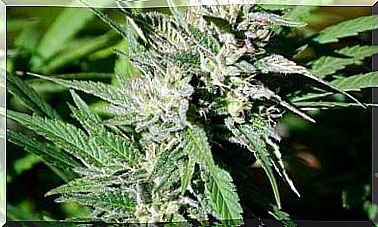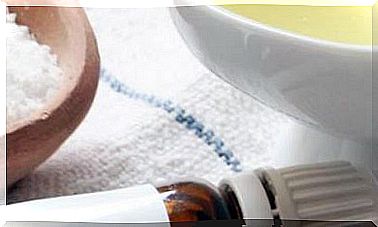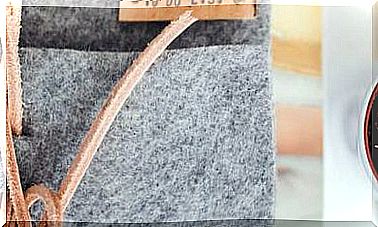7 Symptoms That You Are Lacking Selenium
Fragile nails and skin, lack of mental clarity and fatigue are symptoms that do not seem to have anything to do with it, and yet their cause may be the same: deficiency of selenium in your body.

Selenium is rarely discussed when offering general nutrition advice. However, it is an essential mineral – that is, it must be obtained from food – with antioxidant properties and studies indicate that half the population does not get it in sufficient doses.
Plant sources of selenium are legumes, nuts, seeds, and whole grains (although the most abundant sources are animals: lean meat, organ meats, and shellfish).
In a plant-based diet, these foods must be consumed daily because they are also the main source of protein.
But many people do not include them in their menus in sufficient quantities and also the European lands are increasingly poor in this mineral, so that food contains it in very small proportions.
Symptoms of a selenium deficiency
The consequence of following an incorrect diet and poor soil is that deficiency is common, especially among vegetarians, women and those who do not eat wheat to avoid gluten, according to studies carried out in several European countries.
- Thyroid disorders. The thyroid gland needs selenium to produce the hormone T3 and fulfill its mission in metabolic processes. Selenium is also necessary for the thyroid to neutralize the hydrogen peroxide it produces, which in excess damages the gland’s own tissues.
- Mental confusion. Selenium is also necessary to synthesize so-called selenoproteins, enzymes that participate in a wide range of physiological functions, including brain function. These selenoproteins are necessary for communication between neurons. This is why people with selenium deficiency complain of poor memory, poor concentration, and poor mental clarity.
- To feel down. Undoubtedly some things that happen to us in life justify us going through a period of discouragement, but this can also be favored by different nutritional deficiencies. One of them is selenium. A review of studies published in the journal Nutritional Neuroscience found that people with low selenium levels also complained of low mood and anxiety, symptoms that disappeared when taking supplementation.
- Tiredness and muscle weakness. Selenium participates in the production of cellular energy and reduces oxidative stress, which means that blood with sufficient oxygen can reach all corners of the body. However, with a selenium deficiency, excess oxidation occurs and the amount of oxygen circulating with the blood is reduced, causing fatigue and a feeling of muscle weakness.
- Hair loss. Selenium regenerates and lengthens the life in the body of other antioxidants, such as vitamin C. Antioxidants protect all body tissues, including the scalp. Hair loss can mean a deficiency of antioxidants related in turn to a lack of selenium. Hair loss that occurs relatively quickly and is evenly distributed can be a sign of selenium deficiency.
- Fragile skin and nails The same antioxidant process is necessary to keep the skin and nails in good condition . For this reason, fragile nails and skin can also indicate insufficient absorption of the mineral. Pale skin or deep white nail crescents can be signs of chronic selenium deficiency.
- Frequent colds and infections. Selenium is also necessary for the immune system to be effective in fighting pathogenic bacteria and viruses such as those that cause colds and other infectious diseases. Having more than 3 or 4 colds during the fall and winter can suggest a deficiency, especially if they are accompanied by other symptoms.
How deficiency is diagnosed
In theory, a blood test that incorporates the measurement of selenium can be done, but it is very rare. It is not a routine test ordered by doctors. On the other hand, the analysis would only indicate whether or not enough selenium has been taken in the last few hours.
There are selenium tests in hair samples, but they are considered very inaccurate about the true nutritional status.
If a deficiency is suspected, more sensible than getting tested is to make sure you eat a balanced diet with enough selenium-rich foods. This is something we must always do, without waiting for what an analysis says.
How much selenium do you need?
The recommended daily dose by the European Union is 55 mcg per day, although some countries advise 75 mcg. In case of deficiency, doctors usually advise a supplement of 200-300 mcg.
It is not recommended to exceed this amount because very high doses can cause damage.
Selenium supplements can be inorganic or organic – such as found in natural yeast grown enriched with selenium – that are better absorbed by the body.
If you suffer from some diseases and are being treated, it is advisable to ask your doctor if you can take a selenium supplement.
Foods rich in selenium
The richest plant food in selenium is the Brazil nut. So much so that one a day is enough to get all the selenium you need to spare.
Other very rich foods are shiitake mushrooms, dried beans, chia, flax or sesame seeds and brown rice.
